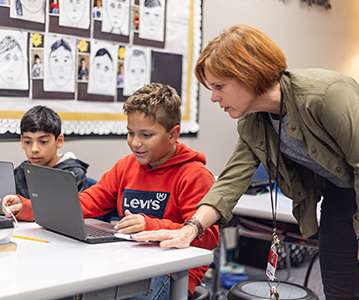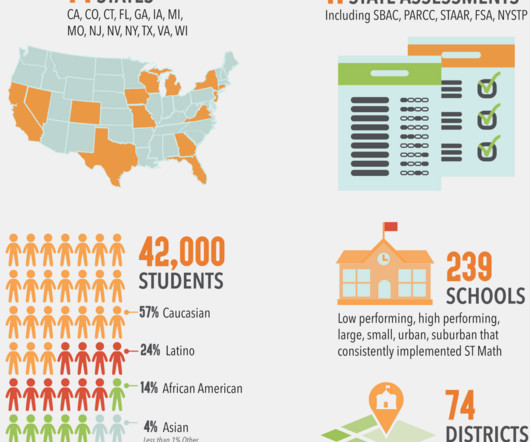Debunking the ‘Gold Standard’ Myths in Edtech Efficacy
Edsurge
MAY 21, 2019
For almost a decade, selling edtech products to schools and districts has felt dangerously like selling a home over the internet. We describe edtech products with all the excitement and adjectives of a fresh listing on Zillow. Now the good news: Over the past year, we’ve seen a broader set of research practices applied to edtech.



















Let's personalize your content